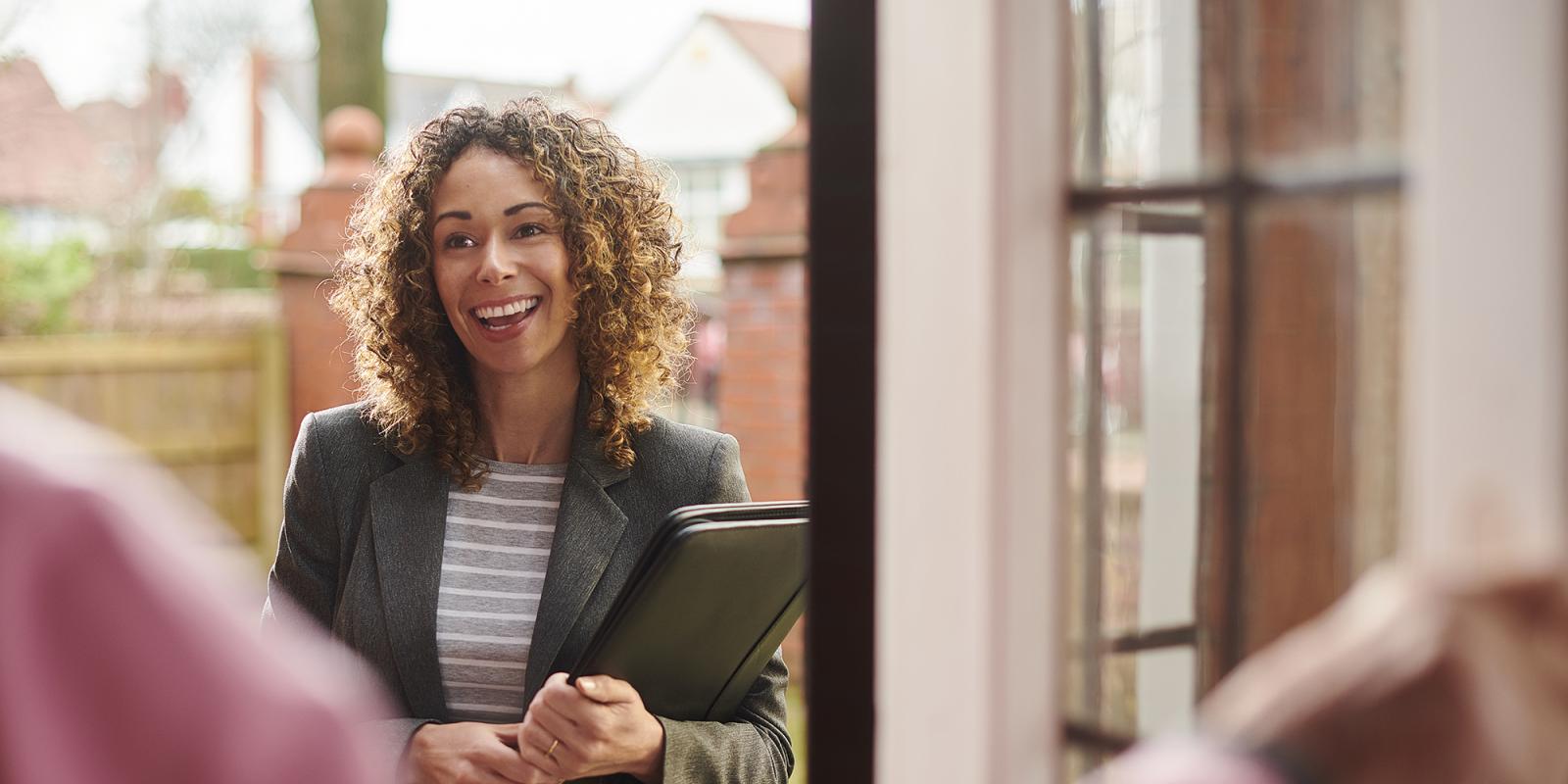As students walk into the dimly lit recreational room for their first housing visit, usually they are not too sure what to expect. Some have taken courses that breezed over sections on older adults or dedicated a small portion of the didactic material to aging-related diseases. But, for many, the next few months will be spent engaging in one of their first real connections with an older adult outside of a hospital or exam room.
As a course assistant for the Interprofessional Education and Collaboration for Geriatrics (IECG) at the University of Southern California (USC), I have had the privilege of seeing how interdisciplinary learning transforms both students and the older adults they serve. I am fairly new in the role, joining the team almost 6 months ago. However, the program—and more important, its impact—have been around and felt for almost 15 years.
IECG is one of few health professional interdisciplinary programs at USC, but it offers profound hands-on lessons in aging for a wide variety of healthcare students. Future physicians, physician assistants, occupational therapists, pharmacists, physical therapists, psychologists, and social workers collaborate with a faculty member to understand how to conduct assessments and have conversations with older adults in their homes.
The program is divided up into older adult didactic lectures and housing visits, where students take what they learn from their “in-classroom” lessons into their subsequent “in-person” home meetings with their older adult partners. This year, around 70 students discussed topics such as cognitive health, physical well-being, and oral hygiene with those partners.
The older adults live in affordable housing apartments throughout Los Angeles, and always love learning more about their student visitors and any medical recommendations to improve their health. In most healthcare settings, providers see patients in a controlled clinical environment, relying upon medical histories, lab results, and physical exams to make decisions.
Small details in a home visit can mean the difference between independence and hospitalization.
But factors like housing conditions, food access, and transportation contribute heavily toward well-being. Known better as the social determinants of health, these factors have been found to be responsible for up to 80% of health outcomes. Yet, in a traditional clinical setting or doctor’s office, providers may not see how these factors impact a patient’s life. IECG students see exactly how their clinical assessments play out in the patient’s daily life, environment, and life circumstances.
Through home visits, students gain invaluable insights into the lived experiences of older adults. They notice situations that wouldn’t be captured in a clinic visit, including an unsteady rug that could lead to a fall, an empty refrigerator signaling food insecurity, or a shower barrier raised too high to step over. These small details can mean the difference between independence and hospitalization.
For students, witnessing these realities reshapes their understanding of how older adults live, and of how healthcare might be practiced. They learn that good care isn’t just about prescribing the right medication, but rather learning all the factors that contribute to a person’s health.
IECG Findings
Previous research has evaluated graduates of the IECG program one to three years into their professional careers. Results indicate that 81% of graduates work on interprofessional teams, 46% work with older adults, and 80% regularly use the assessment tools taught in the program.
Many students enter the program with unexamined biases about older adults, shaped by societal stereotypes of frailty and decline. Through in-person interactions, they begin to see the resilience, humor, and wisdom of their older partners. They form relationships that leave a lasting impression on how they approach aging in their future careers.
Long-Term Impact
Data shows that 77% of adults ages 50 and older want to remain in their homes for the long term—a number that has been consistent for more than a decade, according to AARP’s “Home and Community Preferences Survey.”
Yet, home-based care has become increasingly rare. The decline of house calls over the years and barriers like mobility challenges have made it difficult for older adults to receive personalized, in-home care. The COVID-19 pandemic increased these gaps, exposing how older adults, particularly those who are homebound, face significant healthcare disparities.
The IECG program models a future where healthcare meets people where they live. It shows that collaborative, interdisciplinary training is essential for preparing providers to address the complex realities of aging. By bringing students into community housing, the program ensures that future healthcare professionals develop the skills, empathy and teamwork necessary to care for an aging population.
For students, IECG is more than just another academic requirement—it’s a turning point in their professional journey. Many enter the program focused on the clinical side of healthcare, but they leave with a deeper appreciation for the holistic nature of aging. They recognize that social connection, mental health, and environmental factors are just as crucial as medical interventions.
The program also shifts perspectives on ageism in healthcare. Many students come in with unexamined biases about older adults being frail or dependent. Through real-time interactions, health professional students witness the resilience, humor, and wisdom of their older partners.
For older adults, the program is equally impactful. It provides them with personalized health assessments and an opportunity to share their life experiences. Many of the program’s participants express gratitude for the chance to engage with young healthcare professionals, knowing that their stories and insights will help shape a new generation of providers.
Lois Angelo is a first-year Master of Public Health student at NYU. A graduate of USC, where he studied human development and aging, his work has been published in the USC Daily Trojan, the Leonard Davis School of Gerontology, Age Equity Alliance and the Journal of Public Health Disasters. As an aspiring geriatrician, Angelo hopes to continue studying intergenerational relationships and ways to effectively combat ageism.













